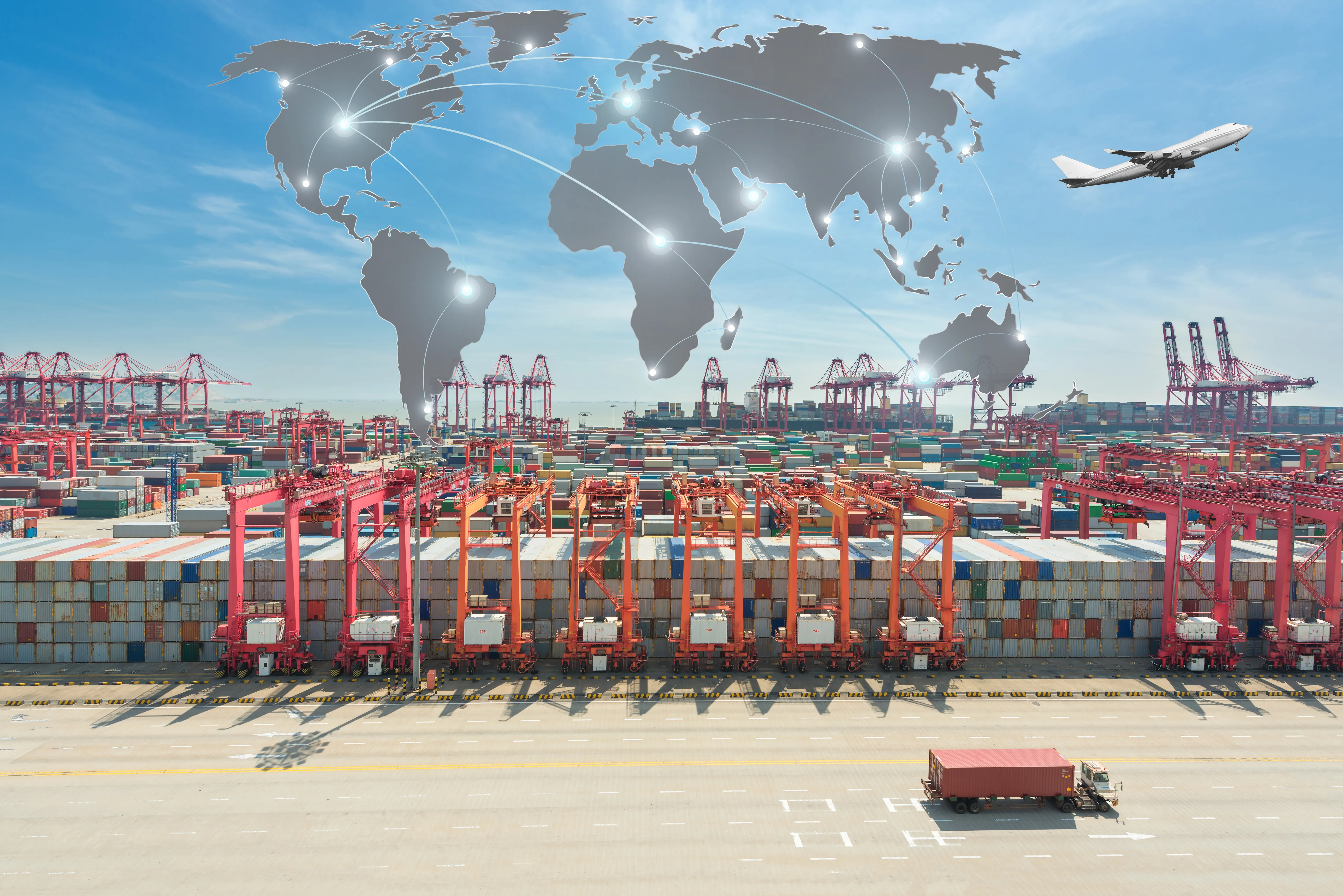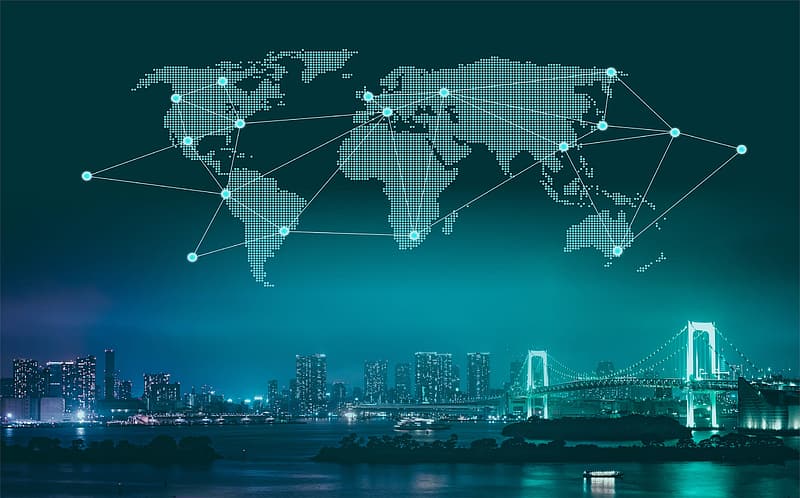
In 2024, the landscape of global economic policies is undergoing significant transformations, influenced by emerging trends that are reshaping international trade dynamics. As nations navigate this evolving terrain, understanding these trends and their implications is crucial for businesses, policymakers, and investors alike. This comprehensive guide delves into the key factors driving these changes and explores how they are poised to shape the future of global trade.
The Rise of Digital Currencies and Blockchain Technology
One of the most notable shifts in global economic policies is the increased adoption of digital currencies and blockchain technology. Central banks worldwide are exploring or piloting Central Bank Digital Currencies (CBDCs) to modernize financial systems and enhance transaction efficiency. For instance, the European Central Bank and the People’s Bank of China are leading initiatives to develop and implement CBDCs. These digital currencies promise to streamline cross-border transactions, reduce costs, and improve financial inclusion.
Blockchain technology, known for its transparency and security, is also revolutionizing trade finance. Smart contracts, powered by blockchain, are automating and securing trade agreements, reducing the risk of fraud and minimizing administrative costs. As more countries embrace these technologies, we can expect a more efficient and transparent global trading environment.
Increasing Focus on Sustainability and Green Trade Policies
Sustainability has become a central theme in global economic policies. Governments and organizations are prioritizing green trade policies to address climate change and promote environmental stewardship. The European Union’s Green Deal and the United Nations’ Sustainable Development Goals (SDGs) are examples of how international trade is being realigned with sustainability objectives.
Countries are implementing regulations to encourage the use of renewable energy, reduce carbon footprints, and support circular economies. For businesses, this means adapting to new environmental standards and incorporating sustainable practices into their operations. As sustainability becomes a key criterion for trade agreements, companies that prioritize eco-friendly practices will have a competitive edge.
The Shift Towards Regional Trade Agreements
Amid rising geopolitical tensions and protectionist policies, there is a noticeable shift towards regional trade agreements. Regional agreements, such as the Regional Comprehensive Economic Partnership (RCEP) and the African Continental Free Trade Area (AfCFTA), are gaining prominence as countries seek to strengthen economic ties within their regions.
These agreements aim to reduce trade barriers, enhance economic integration, and foster regional cooperation. They offer businesses opportunities to access new markets and diversify their supply chains. However, navigating these agreements requires a keen understanding of regional regulations and trade dynamics.
The Impact of Technological Innovation on Trade Logistics
Technological innovation is transforming trade logistics, making supply chains more efficient and resilient. The integration of artificial intelligence (AI), the Internet of Things (IoT), and automation is enhancing logistics management and reducing operational costs.
AI-powered analytics are optimizing supply chain operations by predicting demand, managing inventory, and mitigating risks. IoT devices are providing real-time tracking and visibility of goods in transit, improving transparency and reducing delays. Automation, including robotics and autonomous vehicles, is streamlining warehousing and transportation processes. These advancements are not only enhancing efficiency but also contributing to the overall competitiveness of global trade.
The Role of Trade Wars and Geopolitical Tensions
Trade wars and geopolitical tensions continue to influence global economic policies and international trade. The ongoing trade disputes between major economies, such as the United States and China, are shaping trade strategies and investment decisions.
Countries are re-evaluating their trade relationships and seeking to diversify their economic partnerships to mitigate risks associated with geopolitical uncertainties. Businesses must stay informed about policy changes and adapt their strategies to navigate these challenges effectively. Understanding the geopolitical landscape is essential for making informed decisions and managing trade risks.
The Future of Trade Agreements and Global Economic Policies
Looking ahead, the future of global economic policies and trade agreements will be shaped by several key factors:
- Global Cooperation: The need for global cooperation to address shared challenges, such as climate change and economic inequality, will drive the development of new trade agreements and policy frameworks.
- Technological Advancements: Continued advancements in technology will influence trade dynamics, with an emphasis on digitalization, automation, and data security.
- Sustainability Goals: As sustainability becomes a central focus, trade policies will increasingly align with environmental and social objectives, promoting greener practices and responsible trade.
- Geopolitical Realignments: Geopolitical shifts and power dynamics will continue to impact trade relationships and economic policies, requiring adaptability and strategic foresight.
Conclusion
In 2024, navigating global economic policies requires a deep understanding of emerging trends and their implications for international trade. The rise of digital currencies, the emphasis on sustainability, the shift towards regional agreements, and the impact of technological innovation are reshaping the global trade landscape. Businesses, policymakers, and investors must stay informed and adapt to these changes to thrive in the evolving economic environment.

